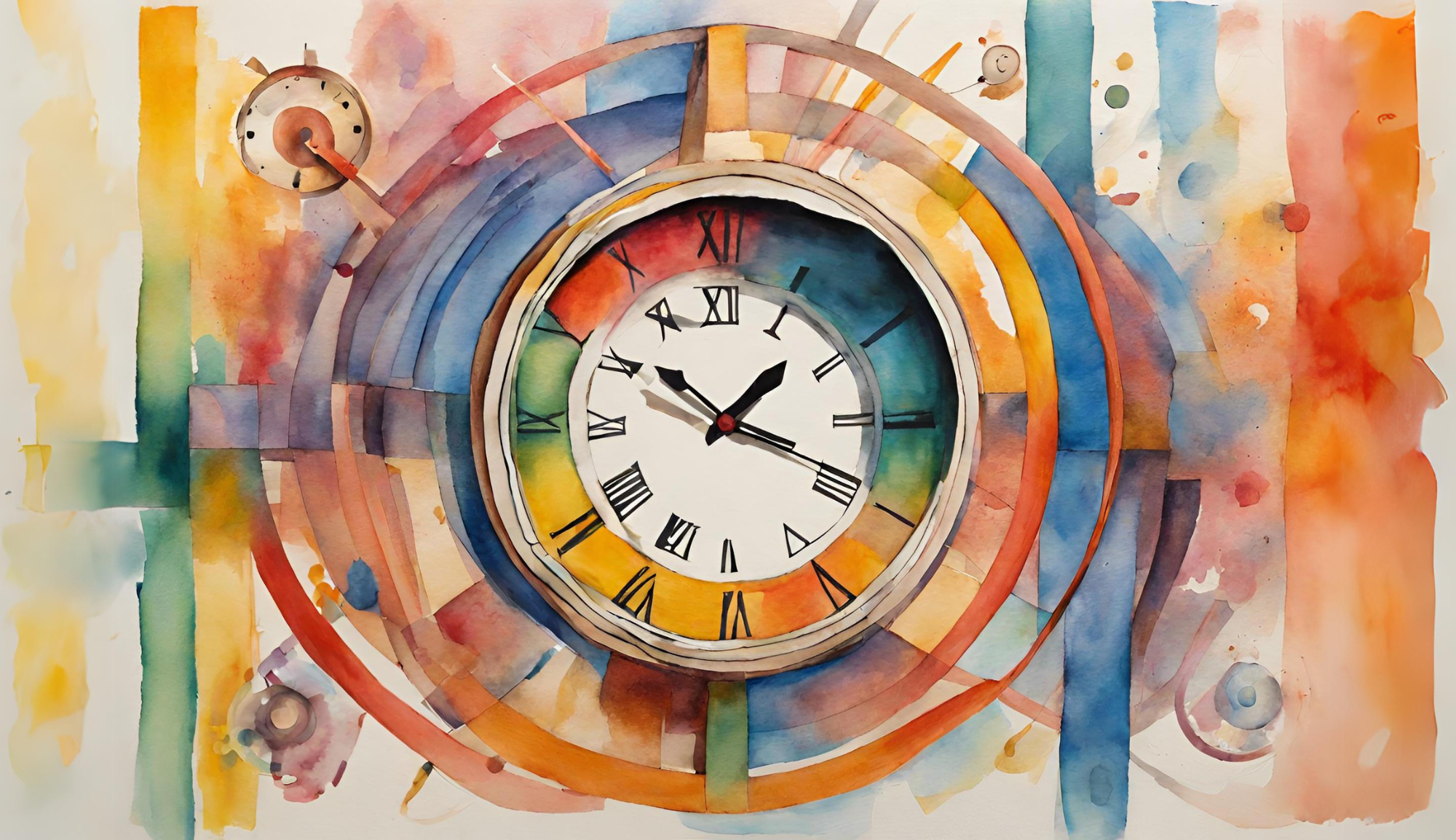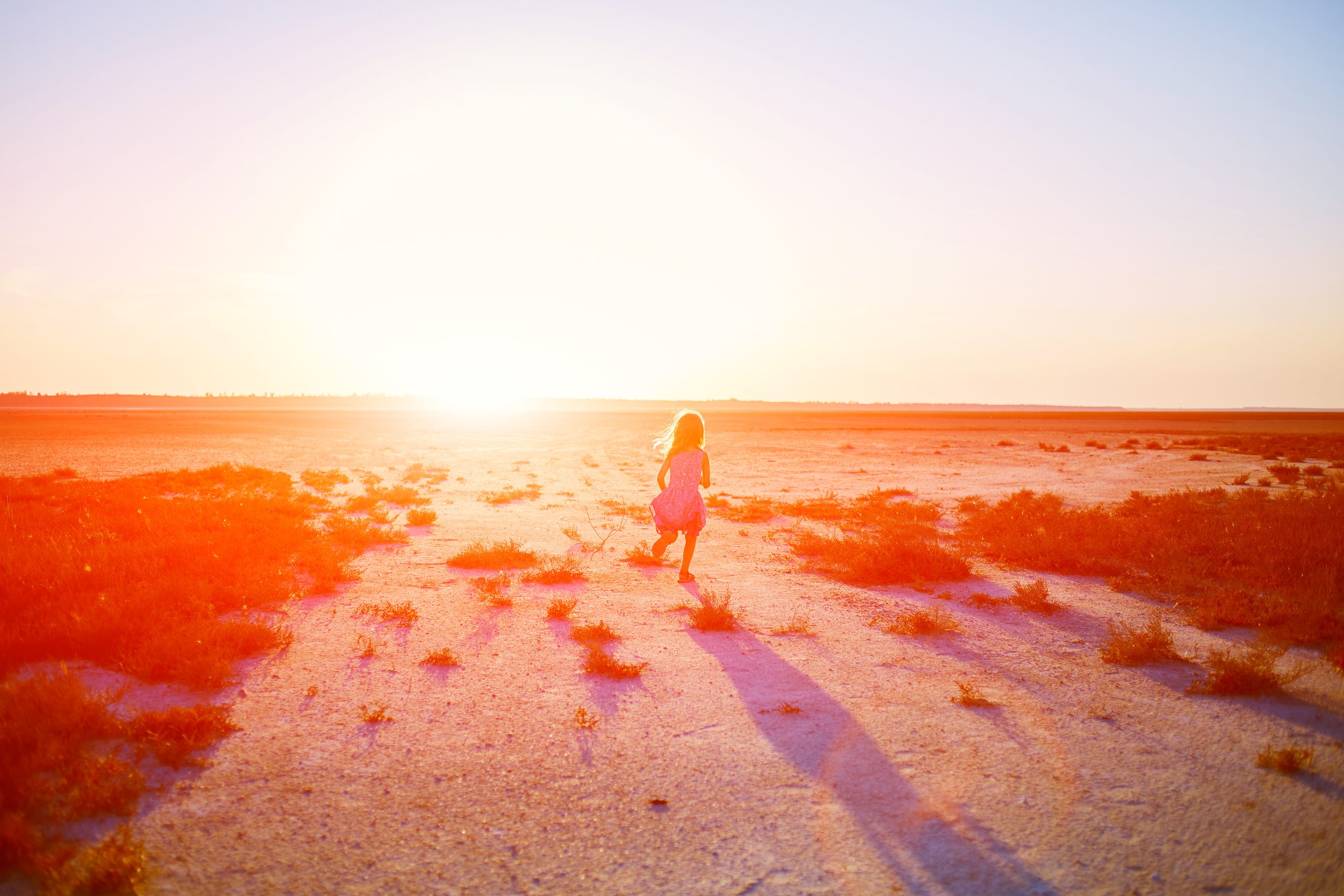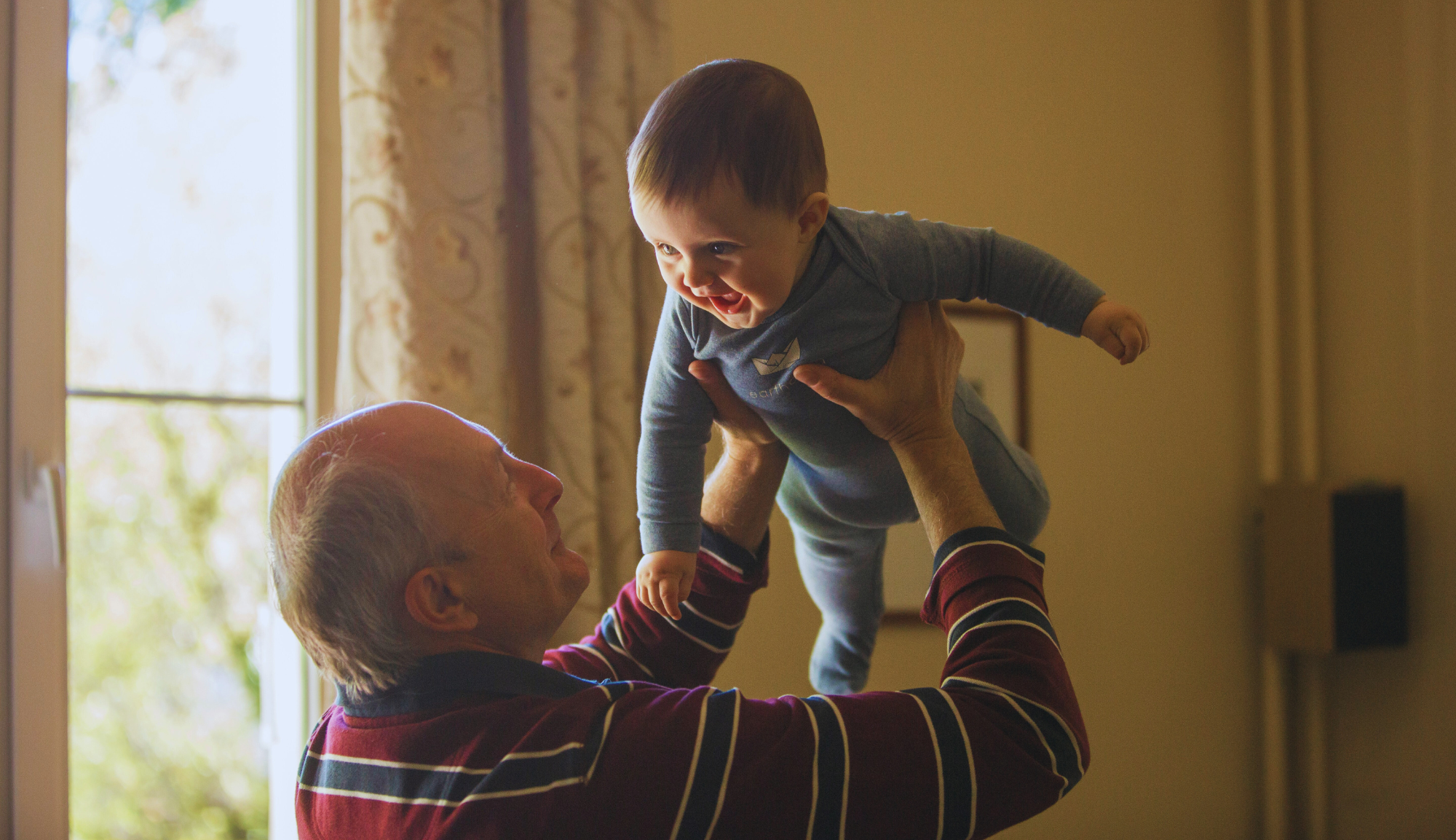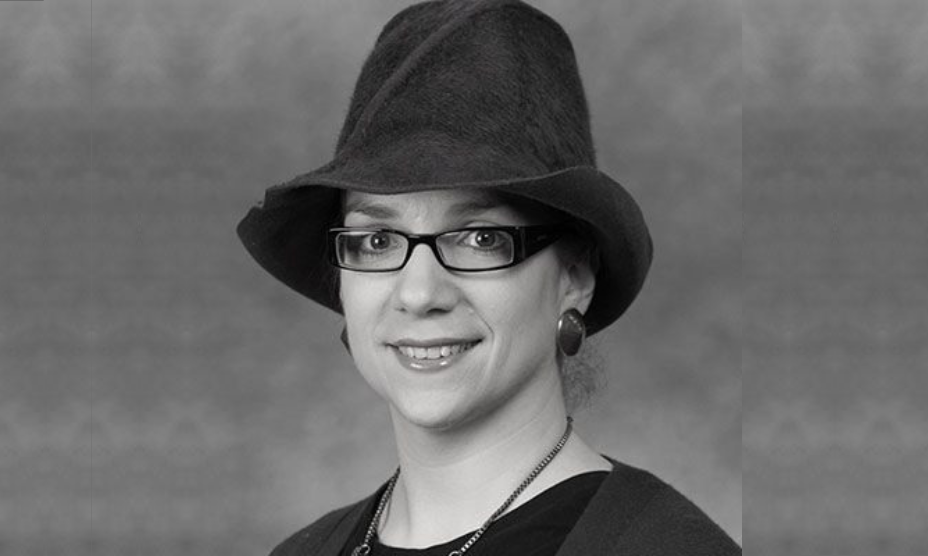Grown-ups never understand anything for themselves, and it is tiresome for children to be always and forever explaining things to them.
– Antoine de Saint-Exupery, The Little Prince
So, like a forgotten fire, a childhood can always flare up again within us.
– Gaston Bachelard
I was so much older then, I’m younger than that now.
– Bob Dylan & the Byrds
What happens when a person changes?
Within the life of an individual, change is the only constant, the only absolute dependable. No matter what else changes, change will always be there, acting in its own ways. Sometimes loud, sometimes quiet, we are marked always by a slight paradox: the sense that nothing changes, the sense that everything changes.
At each moment, we cannot step in the same river twice—as the Greek philosopher Heraclitus put it, in a statement about how the river of time (and change) is dynamic and ever-flowing—but at the same time we still experience our foot as always being in the same river, as our consciousness so often feels uninterrupted, linear, direct.

Kierkegaard famously said that “life must be lived forward but understood backwards,” and looking back at our lives we can often see how things changed, even if they felt the same through it all. Or sometimes we have the opposite experience, as we feel life to be a storm of progress in the moment, and only after do we see how little we changed underneath it all.
Some people experience this after a major life event, like a marriage or birth of a child, and others experience this upon returning from a transitional space, like yeshiva, seminary, or college. After experiencing life-marking events, we are changed, and yet the same. For many of us, we are forced to deal with the question of continuity and change: are we what we once were?
This question is broader than any one person or experience. This is the question a family asks when the pictures on their mantle—of a smiling couple with cheery children—no longer matches the reality of their familial makeup, for one reason or another. This is the question a parent asks when their child comes home looking different, dressed different, from what they once seemed. This is the question a nation asks when changes in society and culture create different standards and norms for its members. “I don’t recognize you anymore;” we all recognize the pathos in this question, the desperate plea for continuity, the recognition that life is different now.
First, we must make our own decisions, each person on their own, facing up to the truths of their own lives.
Faced with the paradox of eternal change, some can reject change, looking with intensified focus on the unchanging and eternal. Ironically, sometimes it is this great conservatism that births its own radical changes, as historians have long pointed out. (For one example, consider the Chatam Sofer’s famous dictum that “chadash (the new) is outlawed from the Torah,” a statement that was remarkably ‘new’ in its originality!) Upon arriving on American shores, the 6th Rebbe of Lubavitch famously urged that America is “nisht anderish,” no different, a rejection of what was then a widespread conviction of the impossibility of fostering a committed Judaism on these shores. Over the course of time, the Lubavitch insistence that America is ‘no different’ also allowed for a quiet, yet profound, openness to progressive change, all in the name of the unchanging face of religion.
In our contemporary society, change is in the air. In a recent highly informal yet highly scientific (sarcasm) poll that we ran on Twitter, we found that 58.9% of respondents reported that they would characterize their religious identity as different from their parents. 51.7% reported expecting their children to share their own religious identity, and respondents were more conflicted about whether children should have an identical religious identity to their parents. Look around your temples, synagogues, houses of worship, prayer, and study, and you might just find similar results. The technological revolution, a growing comfort in host societies, and the unceasing march of time has changed many of the communities in our world in definite ways. What do we do with this change? And when this change happens within a family, how does a family respond to this change?
The Noam Elimelech, an important Chassidic thinker and leader, commented on a phrase common throughout the Jewish prayer:
אלוקינו ואלוקי אבותינו/Our God, the God of our fathers
The Rebbe notes that before we speak of the God of our parents, we speak of our own God. First: our God. Then: the God of our fathers. First, we must make our own decisions, each person on their own, facing up to the truths of their own lives. Only after that can they accept the beautiful, complex, God of tradition. More broadly, this suggests a paradigm for any of us that struggle to accept the choices and changes that our loved ones make. Before all, each person must choose the life that they want to live and the road to God that they will take, after which they can engage with the traditions of their parents.
While these changes can be painful, it is often the new perspectives that these changes bring that offer new, fundamentally important perspectives on the old. It is no coincidence that the child is marked both by radical creativity and radical change: it is the imperative of the child to change, to confront and confound the expectations of the befuddled parent. Perhaps this is what Antoine de Saint-Exupery suggests to us in the quote that opens this piece. Yet paradoxically, Bob Dylan tells us that the young are older than us, and in their aging they grow ever yet young. What might this mean?
While our sages teach us of the descent of generations, Yeridas HaDoros, one of the important paradigms that recent generations of Torah study have birthed is the possibility of the ascent of the generations, Aliyas HaDoros, as Rabbi Tzadok of Lublin and Rabbi Abraham Isaac HaKohen Kook both advocated, each in their own way, each worthy of serious thought. On one level, the paradox put forth by these sages suggests that it is in the descent of the generations, in the distance from the past, that an inner ascent has occurred. In the painful freedoms of contemporary society, in the decision to choose God for one’s own, we have witnessed powerful beauty. Change has a lot of faces, young and old.
Perhaps the Jewish nation is a nation eternally becoming young, eternally changing, and yet always deeply attuned to this question of the sameness that undergirds it all. In 18Forty’s interviews with families that experienced profound change within the home, one thing that comes up again and again is the choice to love that can be born from change. This choice can be hard, far harder in its own way than to write off change, to expel the changed child from the home in the name of an easier love. But in its own way, the decision to affirm family, and love, is a choice to accept the possibilities of change, with the challenges that it brings. The history of the Jewish people is marked again and again by change, often traumatic, and often creative. Our age is no different: we are still changing, a people changing, a people becoming. Perhaps we can change, as we always have, with love. Unchanged through it all.





































